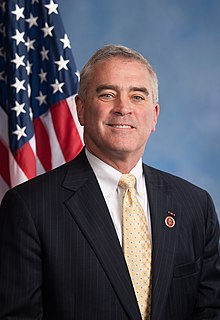A Quote by Amity Shlaes
When you see government leaders really bullying business, you know that government's economic policy is failing. They get angry and they get desperate.
Related Quotes
These people talk of a "middle-of-the-road" policy. What they do not see is that the isolated interference, which means the interference with only one small part of the economic system, brings about a situation which the government itself — and the people who are asking for government interference — find worse than the conditions they wish to abolish: the people who are asking for rent control are very angry when they discover there is a shortage of apartments and a shortage of housing.
Oswald Mosley`s movement, it was a big movement. It was obviously anti-immigrant, anti-Semitic, it was populist. Mosley wanted to replace the parliamentary system of government in Britain with a government that was based on business interests, that was based on the idea that business interests were the real interests of that country and business interests.
and reorganizing the government to serve business interests, that would be a way to get stuff done faster and more efficiently.
People hired by government know who is their benefactor. People who lose their jobs or fail to get them because of the government program do not know that that is the source of their problem. The good effects are visible. The bad effects are invisible. The good effects generate votes. The bad effects generate discontent, which is as likely to be directed at private business as at the government.


































